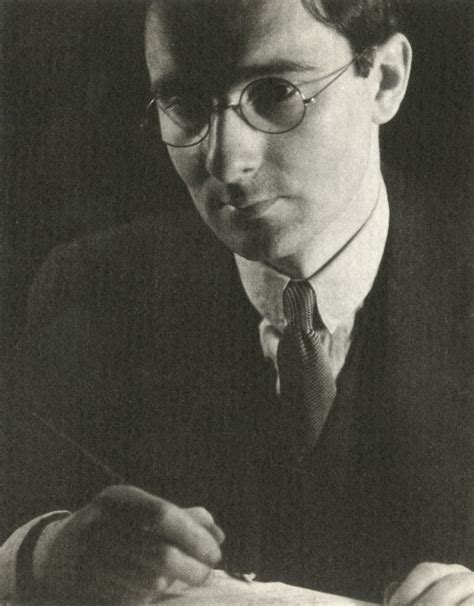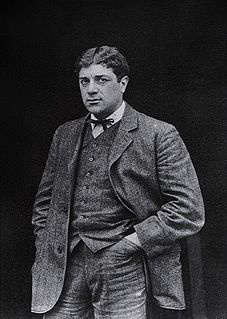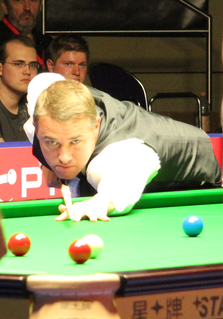A Quote by Alfred H. Barr, Jr.
As a movement Cubism had consistently stopped short of complete abstraction. Heretics such as Delaunay had painted pure abstractions but in so doing had deserted Cubism.
Related Quotes
Modernism in a way, early modernism, for instance, in pictures, was turning against perspective and Europe. And all early modernism is actually from out of Europe, when you think of cubism is African, is looking at Africa, Matisse is looking at the arabesque, Oceania. Europe was the optical projection that had become photography, that had become film, that became television and it conquered the world.
By the age of 14, I had stopped doing homework and stopped studying - as soon as I had any spare time, I was up to the local snooker club. I was fortunate my parents never forced me to stop playing snooker and told me to carry on at school. Nowadays, that probably isn't the best advice. I basically had nothing else to fall back on.
What greatly attracted me - and it was the main line of advance of Cubism - was how to give material expression to this new space of which I had an inkling. So I began to paint chiefly still lifes, because in nature there is a tactile, I would almost say a manual space... that was the earliest Cubist painting - the quest for space.
He was having more fun than a barrelful of monkeys.* *Several years earlier Spider had actually been tremendously disappointed by a barrelful of monkeys. It had done nothing he had considered particularly entertaining, apart from emit interesting noises, and eventually, once the noises had stopped and the monkeys were no longer doing anything at all—except possibly on an organic level—had needed to be disposed of in the dead of night.































